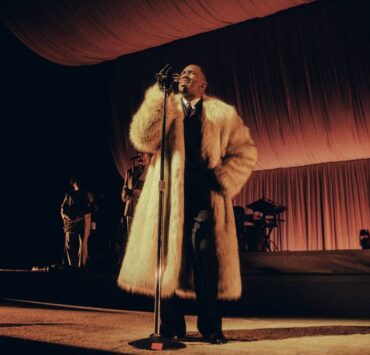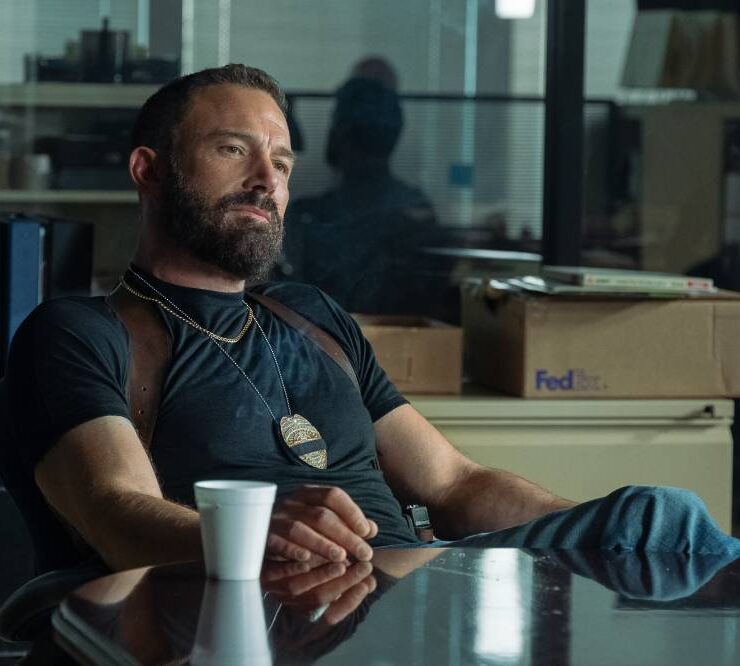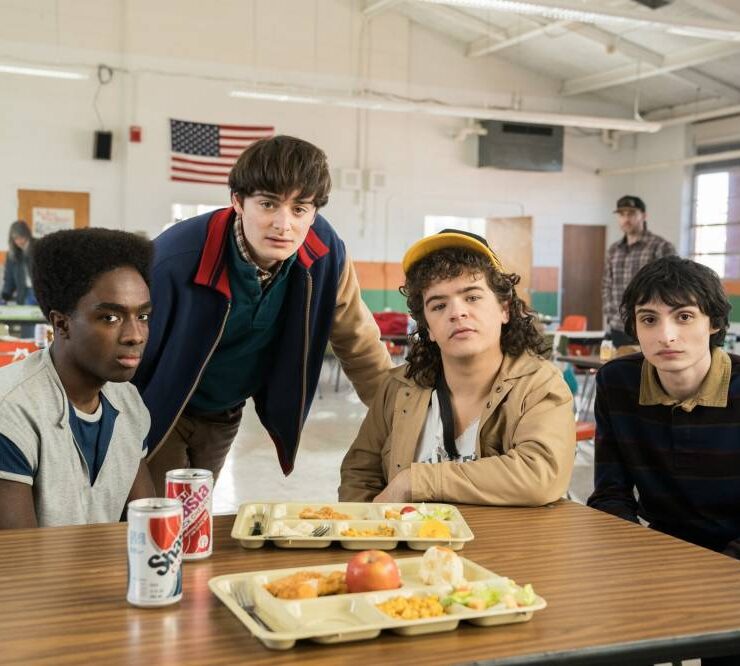Timothée Chalamet is playing the game—and rewriting it
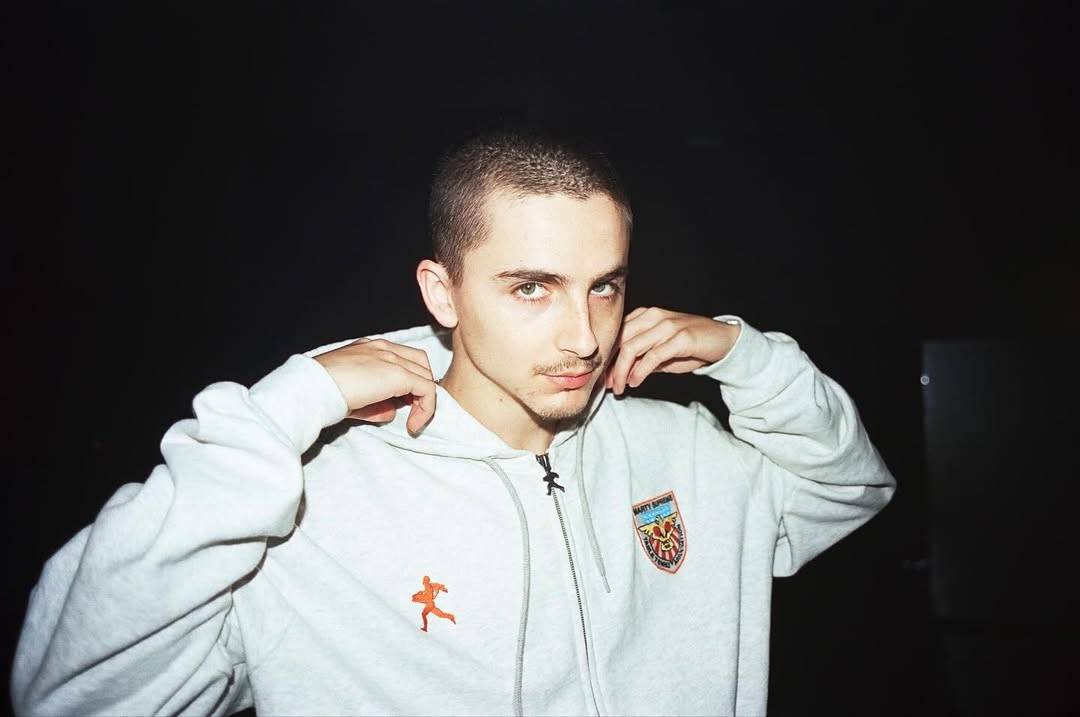
Timothée Chalamet has cemented himself as one of the defining actors of his generation. With an eclectic filmography ranging from “Beautiful Boy” and “Lady Bird” to “Call Me By Your Name,” “Dune,” and “Wonka,” he’s become both a critical success and box-office draw. His versatility is undeniable, but according to Chalamet himself, that’s not enough.
“I’m in pursuit of greatness,” he declares at the Screen Actors Guild Awards while accepting Best Actor. This was a bold and ambitious sentiment, not usually verbalized in the industry, but much more common in academic and sporting fields.
Chalamet then went on to say: “I know people don’t usually talk like that, but I want to be one of the greats. I’m inspired by the greats. I’m inspired by the greats here tonight. I’m as inspired by Daniel Day-Lewis, Marlon Brando, and Viola Davis as I am by Michael Jordan, Michael Phelps, and I want to be up there. So I’m deeply grateful. This doesn’t signify that, but it’s a little more fuel. It’s a little more ammo to keep going.”
“Big things”
Chalamet holds such reverence for the legends of the past and desires to be in the same conversation, but he knows that greatness looks different in 2025. The rules have changed, and he knows it. Talent alone is no longer the currency of cultural relevance. To thrive, one must perform not just on-screen but also within the zeitgeist.
And that is exactly what he’s doing with his new A24 film, “Marty Supreme.”
“Marty Supreme” marks Josh Safdie’s solo directorial debut after the Safdie brothers delivered the frenetic one-two punch of “Good Time” and “Uncut Gems.” Early glimpses of the film—set in the 1950s and following a young Marty Mauser’s obsessive pursuit of table tennis glory—suggest a similar off-kilter energy. The film even premiered at the New York Film Festival to growing whispers of awards potential, though the review embargo keeps full reactions under wraps.
The “Marty Supreme” campaign is unlike anything Hollywood has seen in years. It began with a seemingly random Instagram livestream: Chalamet, wearing an orange ping-pong mask and a retro jacket emblazoned with the film’s title, cryptically teasing “big things.”
That jacket, it turns out, is part of a collaboration between A24 and the luxury LA streetwear label Nahmias—a collection that has already appeared on Kid Cudi, Kendall Jenner, Kylie Jenner, Tom Brady, and Misty Copeland. Limited drops sold out instantly, with more pop-ups planned throughout December.
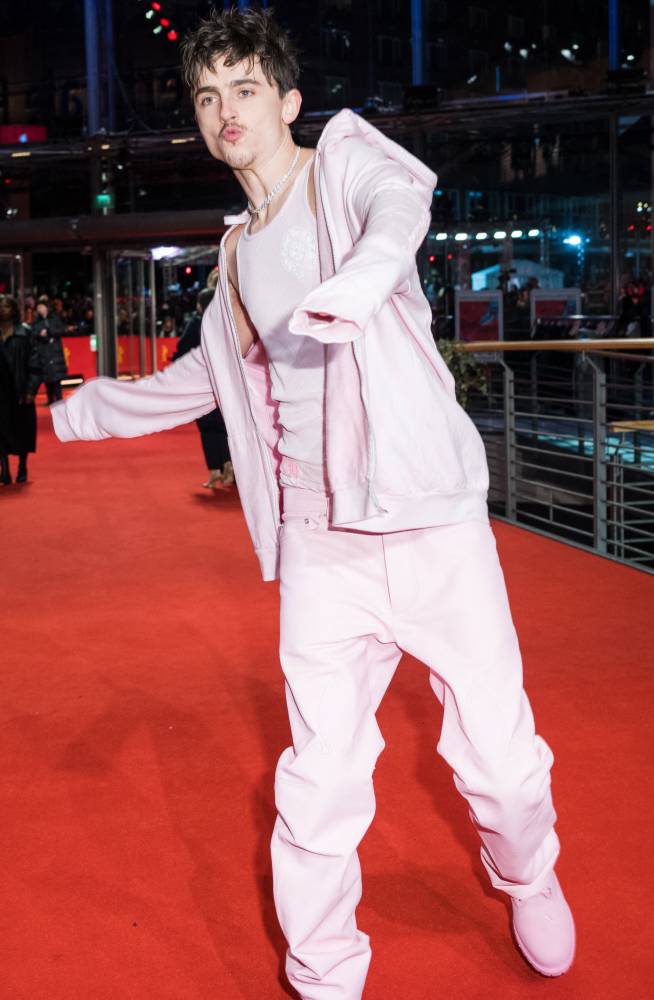
Then came the blimp
A juvenile drawing of an orange “Marty Supreme” blimp was first introduced in a staged “marketing meeting” parody—suddenly began floating across Google search screens when you search “Marty Supreme.”
Days later, a real-life version was spotted hovering above Los Angeles—and of course, it is stylistically in line with the color palette of “falling apart orange” he comedically revealed that “took his visual artist six months” to mock it up.
The campaign is absurd, self-aware, and intentionally unserious, which was successful in garnering wide-scale interest.
Chalamet even floated the idea of sending the blimp over Tyler, The Creator’s Camp Flog Gnaw festival to rain branded ping-pong balls on the crowd. In any other marketing room, the idea would be considered overzealous. At A24, we have come to expect stunts of this nature.
Calculated unseriousness at play
Herein lies the big creative swing Chalamet and the A24 team have concocted in this marketing campaign. In an industry filled with self-importance and Hollywood gravitas, this team carefully curated a campaign of what can only be described as calculated unseriousness.
The campaign is silliness with intention as well as a meta, playful energy—while being deeply aware of how today’s audiences engage with culture. For an actor with such theatrical acumen and serious mindset in his craft, he certainly knows how to leave Hollywood pretentiousness at the door and simply have fun with marketing this film.
Chalamet really is pushing for cultural relevance this coming awards season, and he and the A24 team are aware that the general public does not have an appetite for self-important people. Fun and unseriousness is much more palatable and shareable within social media after all.
This marketing campaign has showcased a pivotal shift in movie marketing. Mirroring the strategy that made Barbie a marketing phenomenon, the campaign has transcended putting people in theaters. It captures a mood and essence of the times through a meme, a moment, and a big orange blimp.
And beneath the unseriousness lies the truth: Chalamet wants this. He wants to win. He wants to be great. But he also recognizes that greatness today requires a cultural presence as much as performance.
His commitment to the role
Despite the campaign’s levity, Chalamet’s commitment to the role itself has been anything but playful. He spent six years training in table tennis, travelling, and training across continents, while working on other projects.
“Everything I was working on… it was this secret: I had a table in London while I was making ‘Wonka.’ On ‘Dune 2,’ I had a table in Budapest, Jordan. I had a table in Abu Dhabi… I got myself an Airbnb in a town [around] Saint-Tropez after The French Dispatch overlooking the water, and I was taking lessons there,” he says in a feature by The Hollywood Reporter.
It’s an astonishing level of dedication for a sport most people engage with casually in basements and rec rooms. But Chalamet treats Marty Mauser, someone who most people haven’t heard of, with the seriousness of an athlete. That contrast of deep discipline disguised as goofy marketing is the soul of this entire campaign.
This campaign marks a pivotal shift in how movies position themselves in the cultural landscape. It recognizes that audiences crave not just films, but experiences. Not just characters, but personalities. Not just marketing, but moments.
At the Cannes Film Festival, Chalamet states, “In spirit, this is the most who I was that I’ve had to play a role…This is who I was before I had a career.”
It is this spirit that has given such life to this campaign and will hopefully be showcased in his portrayal of Marty Mauser in “Marty Supreme.”
Whether both Chalamet and “Marty Supreme” win matchpoint this awards season remains to be seen. But one thing is certain: Timothée Chalamet is not just playing for the moment—he’s playing for the legacy.
Until then, remember the words: “Marty Supreme” Christmas Day.















